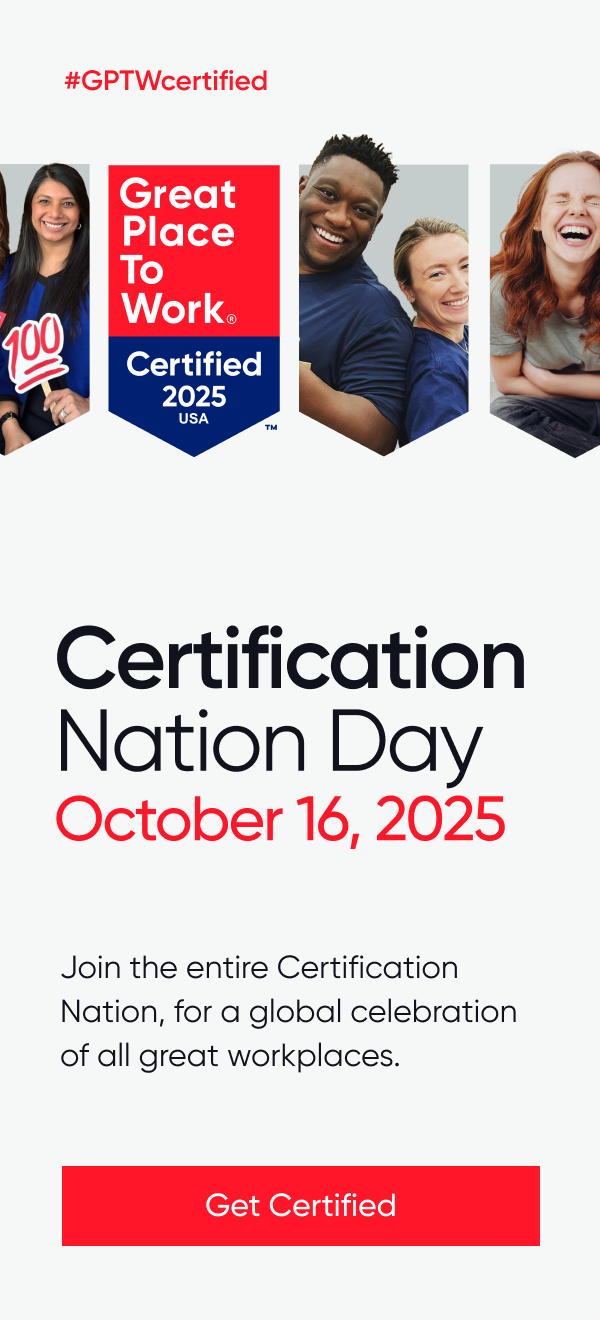This week I saw the award-winning documentary film, The Biggest Little Farm. In case you haven’t heard of it, it’s the beautiful story of a couple who decides to start a farm in Southern California using age-old farming practices, as opposed to the single crop practice so common today. While neither has much experience in farming, they find a consultant, Alan York, who helps them not only bring their farm back to life after years of dead soil, but prosper, thanks to a focus on biodiversity. York promises them, “Complexity, diversity, all supporting and enhancing each other. You will see a web of life.”
Watching the film, it’s hard not to find analogies with workplace culture and what our 100 Best List winners have taught us about business success.
One of the first lessons that the couple learns is that every animal and plant has a critical role to play on the farm, and if left to their own devices, they will do their jobs with success. The manure from the sheep and cows brings the soil back to life. The bees help to create beautiful gardens. Even the coyotes that wreak havoc with the chicken population manage to control the gophers and other pests that have been affecting crop growth.
Similarly, Jeffrey Pfeffer, Professor of Organizational Behavior at the Graduate School of Business at Stanford, has long encouraged managers to give employees freedom in their jobs. When he spoke at the Great Place To Work For All Summit a few years ago, he shared the top workplace factors that impact employee health. An important factor is job design, including control over work. Studies show that people who have more control over their work and more discretion over what they do are far more healthy and happy at work and, as a result, contribute more to company success.
One of the unlikely heroines in the film is a pig named Emma who gives birth to 17 piglets and strikes up an unlikely friendship with a rooster named Greasy. There is a poignant moment where it becomes clear that their friendship is symbiotic. Greasy helps Emma through her loneliness after her piglets are sold and Emma protects Greasy from predators at night, such as coyotes.
In the workplace, good relationships are critical to the success of an organization. The Great Place To Work Trust Index™ Survey helps companies understand the strength of employees’ camaraderie and their shared community experience. The 100 Best share an incredible sense of community. Salesforce, which consistently makes the Top 100 list, even gives it a name: Ohana.
In a blog post after the 100 Best list was published in Fortune, the Head of Employee Success wrote, “Salesforce builds its culture around the spirit of Ohana, which means “family” in Hawaiian. Ohana represents the idea that families – related or chosen – are bound together, and that members feel a sense of responsibility for one another. The Salesforce Ohana is our close-knit ecosystem of employees, customers, partners and communities. As members of the Ohana, it is our employees’ personal responsibility to live our values – Trust, Customer Success, Innovation, Giving Back, Equality, Wellness, Transparency and Fun – and uphold our culture.”
Jeffrey Pfeffer also talks about relationships between employees as a factor that helps keeps employees healthy and well. He encourages employers to look at their people practices to ensure they’re fostering good relationships. He says, “Unfortunately, workplaces sometimes have characteristics that make it harder to build relationships and provide support. Consider, for example, practices that foster internal competition such as forced curve ranking, which reduces collaboration and teamwork.”
In the film, the farm is able to sustain flooding and fire due to the health of the land. The water seeps deep into aqueducts thanks to the rich soil, versus running off and causing damage. The fire passes over the rich land, sparing it from the flames. Like biodiverse farms, healthy workplace cultures are also better equipped to sustain damage from troubling times. In fact, our data shows that Great Place To Work-Certified companies have 66% more employees that adapt quickly to the changes necessary for business success. When you have a healthy foundation, built on trust, it’s easier to adapt to changing conditions and thrive.
Now is as good time to look at your people practices and make sure they’re working towards the betterment of your employees and business results. If you need help assessing your strengths and weaknesses, let us know. We would love to help survey your employees to ensure you can weather any storm that comes your way and grow a culture that sustains everyone at your organization.











